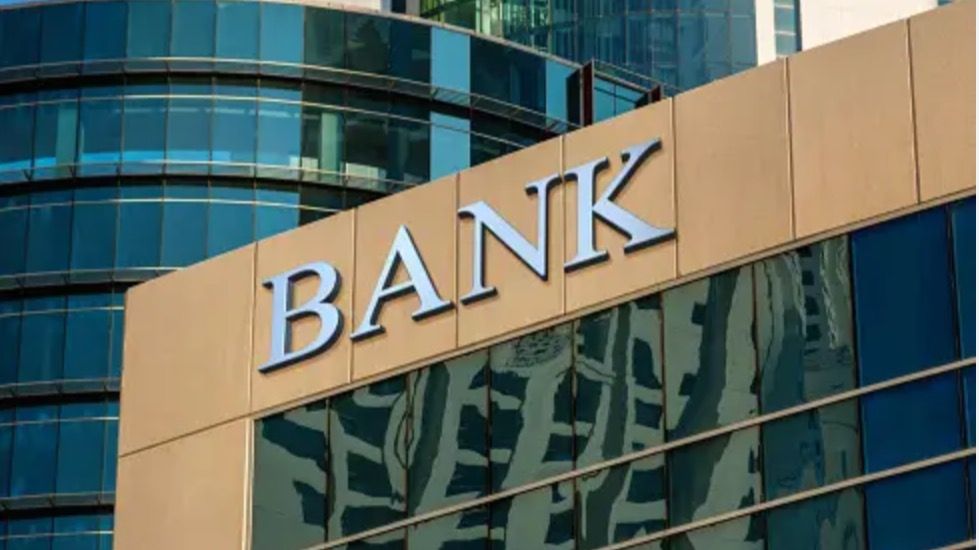




On December 25, 2024, a coalition of major U.S. banks, led by the Bank Policy Institute (BPI), filed a lawsuit against the Federal Reserve, criticizing the central bank's annual stress test implementation as 'opaque' and detrimental to economic growth. The banks argue that the stress test models and criteria are developed in secrecy, leading to unpredictable capital requirements that hinder lending and economic activity. The lawsuit claims that the post-2008 capital requirements are excessive, with banks having doubled their capital levels to exceed $1 trillion since the stress tests began over 15 years ago. [5aae751f]
The lawsuit represents prominent firms such as JPMorgan Chase, Goldman Sachs, and Bank of America, all of which have expressed concerns about the lack of transparency in the Federal Reserve's stress testing process. While the Fed's stress tests have shown that all 31 major U.S. banks passed in 2024, critics, including Tomasz Piskorski, have raised alarms about the tests potentially being overly optimistic, particularly regarding the risks posed by smaller regional banks. Piskorski noted that the risks leading to the collapse of Silicon Valley Bank were underestimated, prompting further scrutiny of the testing framework. [2a1922b0]
In light of the stress tests, major banks announced plans to raise their third-quarter dividends after demonstrating sufficient capital to withstand a severe global recession. However, some banks reported narrower capital buffers, raising concerns about long-term stability. Goldman Sachs, for example, recorded significant losses in the stress test, particularly a 25.4% loss on credit card balances, which was among the highest recorded. CEO David Solomon has voiced concerns that the increase in stress capital buffers does not accurately reflect the strategic evolution of their business. [f9c8a5f8] [30a4e741] [fc0bac81]
Goldman Sachs has also challenged the Federal Reserve's stress test results, appealing the assessment of its capital adequacy. In a separate development, the bank introduced a new index indicating that financial stress levels are normal, suggesting that the financial system is functioning well with no significant signs of distress. This index, updated daily, measures financial stress based on credit spreads, equity market volatility, and funding costs. [64fa0d0e]
The lawsuit aims to challenge the current procedures before a February deadline, as the Federal Reserve announced plans to revise its stress tests by averaging results over two years and soliciting public comments. The BPI welcomed this initiative but insists on preserving its legal rights through the lawsuit. Jamie Dimon, CEO of JPMorgan Chase, has called for a complete revamp of the regulatory process, criticizing the stress tests for creating a false sense of security. The case is officially titled Bank Policy Institute v. Board of Governors of the Federal Reserve System, 24-cv-04300. [5aae751f]